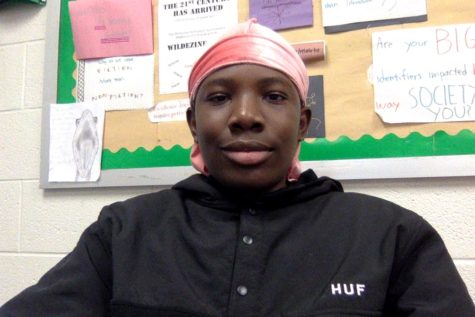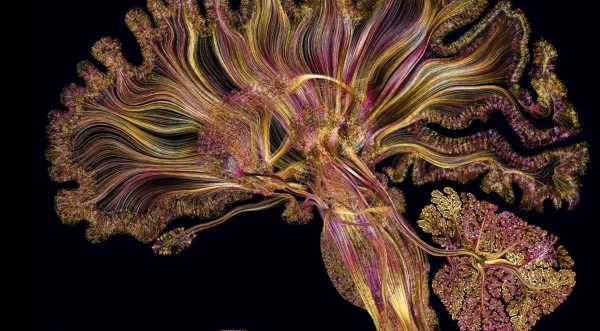Mental Health Awareness in People of Color
“Not taken seriously enough.”
“Because of culture and religious reasons, it’s pushed aside.”
“Have never talked to my parents about it.”
These are direct quotations from people I have interviewed, who have shared their thoughts and experiences concerning mental health. Every single one of them is a person of color. Out of the twenty interviewees, fourteen admitted to having significant concerns of mental health, six talked to their parents, and only one had anything serious done about it.
I believe that there is an erasure of mental health awareness amongst families of color. From what I have heard and observed from my family and others, a high percentage of people of color associate mental health illnesses with “whiteness”–only white people can be affected by diseases of the mind. They think that they are “stronger” and could never be afflicted. As a result, many people of color have no one to talk to if they are suffering and in most cases won’t even understand what’s happening to them.
Another key cause of the mental health struggle is the fact that there aren’t enough brown specialists in the psychology field, also a result of the issue not being taken seriously enough. The problem with seeing white therapists for some brown people is the difficulty to connect and understand their struggles, especially because they have never witnessed or gone through them.
According to a 2013 study by E. C. Ward, J.C. Wiltshire, M. A. Detry and R. L. Brown, “Black/African Americans hold beliefs related to stigma, psychological openness, and help-seeking, which in turn affects their coping behaviors. Generally speaking, the participants in this study were not very open to acknowledging psychological problems, but they were somewhat open to seek mental health services.”
These cases are especially restricting in children and teenagers whose parents deem them “lazy” or “crybabies” when they are dealing with a legitimate illness that impacts academic performance or emotional health. Because they have no one with whom to discuss their issues, youth easily become resigned to suffering in silence for fear of rejection or shame from their parents.
To change the narrative, it is crucial we teach brown kids at a young age to realize not only that mental health matters, but that it is important to realize how it impacts the people suffering and the people around them. We have to show them that there are people around them with whom they could talk to so they feel less alone in what they are dealing with. It is imperative that institutions and families hire more and more POC mental health professionals, to give patients a sense of security that is healing for the mind.

Hey guys, I'm Chika and I'm a senior at SSFS and this is my first and last year on Wildezine. Im a staff writer and I enjoy writing about opinion and STEM....






Ariel Voorhees • Dec 19, 2018 at 2:34 pm
Thank you, Chika, for bringing attention to this vitally important issue. I hope that we’ll eventually reach a point at which nobody is shamed for or prevented from seeking the help that they need, no matter the community or culture that they belong to.